Intro
Learn effective ways to treat food poisoning, including symptoms relief, prevention methods, and home remedies, to ensure a speedy recovery from bacterial, viral, and parasitic infections.
Treating food poisoning effectively is crucial to prevent serious complications and promote a speedy recovery. Food poisoning, also known as foodborne illness, occurs when an individual consumes contaminated or spoiled food, leading to a range of symptoms, from mild to severe. The importance of prompt and proper treatment cannot be overstated, as it can significantly impact the outcome and reduce the risk of long-term health consequences. In this article, we will delve into the world of food poisoning, exploring its causes, symptoms, and most importantly, effective treatment strategies.
The prevalence of food poisoning is a significant public health concern, affecting millions of people worldwide each year. According to the World Health Organization (WHO), foodborne diseases are a major cause of morbidity and mortality, particularly in vulnerable populations such as the elderly, young children, and individuals with compromised immune systems. The economic burden of food poisoning is also substantial, with estimated costs running into billions of dollars annually. Therefore, it is essential to understand the causes of food poisoning, recognize its symptoms, and adopt effective treatment approaches to mitigate its impact.
Food poisoning can be caused by a variety of factors, including bacteria, viruses, parasites, and toxins. Common culprits include Salmonella, E. coli, Listeria, and Norovirus, which can contaminate food products at any point in the food chain, from production to consumption. The symptoms of food poisoning can vary depending on the type and severity of the contamination but often include nausea, vomiting, diarrhea, abdominal cramps, and fever. In severe cases, food poisoning can lead to life-threatening complications, such as dehydration, kidney failure, and respiratory distress.
Treating Food Poisoning
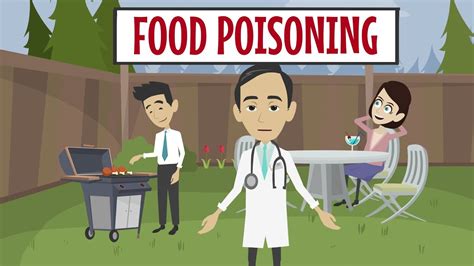
Treating food poisoning involves a combination of self-care measures, medical interventions, and supportive therapies. The primary goal of treatment is to manage symptoms, prevent dehydration, and support the body's natural recovery processes. In most cases, food poisoning is self-limiting, meaning it will resolve on its own with minimal intervention. However, in severe or high-risk cases, medical attention may be necessary to prevent serious complications.
Self-Care Measures
Self-care measures play a crucial role in treating food poisoning, particularly in mild to moderate cases. These measures include staying hydrated by drinking plenty of fluids, such as water, clear broths, and electrolyte-rich beverages like coconut water or sports drinks. It is also essential to rest and avoid strenuous activities to help the body recover. A bland diet, consisting of foods like bananas, rice, applesauce, and toast, can help firm up stool and reduce digestive discomfort. Over-the-counter medications, such as anti-diarrheal and anti-nausea medications, can also be used to manage symptoms, but it is crucial to follow the recommended dosage and consult with a healthcare professional before taking any medication.Medical Interventions
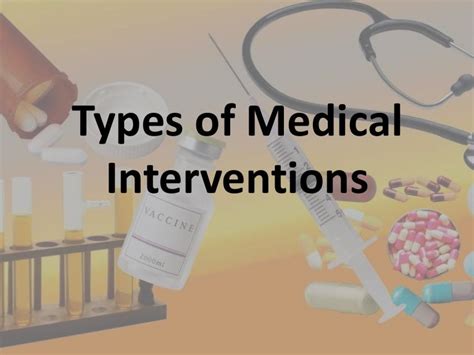
In severe cases of food poisoning, medical interventions may be necessary to prevent serious complications. These interventions can include prescription medications, such as antibiotics, to treat bacterial infections, and anti-emetic medications to control nausea and vomiting. In cases of severe dehydration, intravenous fluids may be administered to replenish lost electrolytes and fluids. Hospitalization may also be required in high-risk cases, such as in individuals with compromised immune systems, the elderly, or young children.
Supportive Therapies
Supportive therapies can also play a crucial role in treating food poisoning, particularly in severe cases. These therapies can include nutritional support, such as enteral or parenteral nutrition, to provide essential nutrients and support the body's recovery processes. Probiotics, which are live bacteria and yeasts that are beneficial for gut health, can also be used to support the recovery of the gut microbiome. Additionally, alternative therapies, such as acupuncture and herbal remedies, may be used to manage symptoms and promote recovery, but it is essential to consult with a healthcare professional before using these therapies.Preventing Food Poisoning
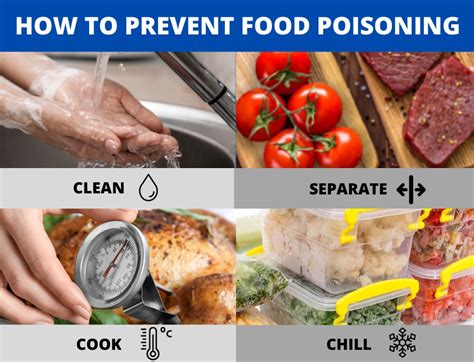
Preventing food poisoning is crucial to reducing the risk of illness and promoting public health. Prevention strategies can include practicing good hygiene, such as washing hands frequently, especially after handling raw meat, poultry, or seafood. It is also essential to cook food to the recommended internal temperature to kill bacteria and other pathogens. Additionally, avoiding cross-contamination by separating raw and cooked foods, and refrigerating perishable foods promptly, can help prevent food poisoning.
Food Safety Tips
Food safety tips can also help prevent food poisoning, particularly when handling and preparing food. These tips can include washing fruits and vegetables thoroughly, avoiding raw or undercooked eggs, and cooking ground meats to the recommended internal temperature. It is also essential to avoid consuming unpasteurized dairy products, raw sprouts, and untreated water, as these can be contaminated with bacteria and other pathogens.Complications of Food Poisoning
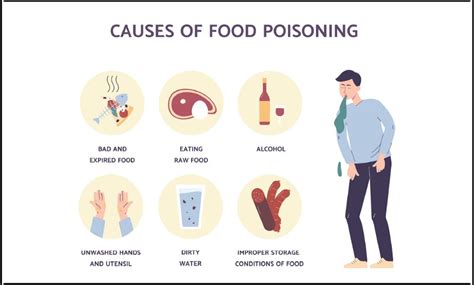
Complications of food poisoning can be severe and life-threatening, particularly in high-risk individuals. These complications can include dehydration, which can lead to electrolyte imbalances, kidney failure, and even death. Other complications can include hemolytic uremic syndrome (HUS), a type of kidney failure that can occur in individuals with E. coli infections, and reactive arthritis, a type of arthritis that can occur in individuals with Salmonella or Campylobacter infections.
Long-Term Consequences
Long-term consequences of food poisoning can also be significant, particularly in individuals who experience severe or repeated episodes of illness. These consequences can include irritable bowel syndrome (IBS), a chronic condition characterized by abdominal pain, bloating, and changes in bowel habits. Other long-term consequences can include malabsorption, a condition characterized by the inability to absorb essential nutrients, and increased risk of future episodes of food poisoning.Conclusion and Future Directions
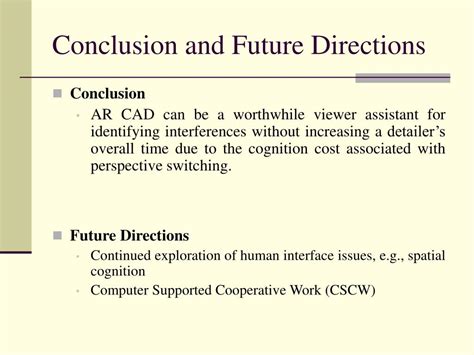
In conclusion, treating food poisoning effectively is crucial to preventing serious complications and promoting a speedy recovery. By understanding the causes of food poisoning, recognizing its symptoms, and adopting effective treatment strategies, individuals can reduce the risk of illness and promote public health. Future directions in the treatment of food poisoning may include the development of new therapies, such as vaccines and antimicrobial agents, and improved food safety measures, such as enhanced surveillance and monitoring of food products.
Call to Action
To promote public health and reduce the risk of food poisoning, it is essential to take action. This can include practicing good hygiene, cooking food to the recommended internal temperature, and avoiding cross-contamination. Additionally, individuals can support research and development of new therapies and food safety measures by donating to reputable organizations and advocating for policy changes.What are the common causes of food poisoning?
+Food poisoning can be caused by a variety of factors, including bacteria, viruses, parasites, and toxins. Common culprits include Salmonella, E. coli, Listeria, and Norovirus.
What are the symptoms of food poisoning?
+The symptoms of food poisoning can vary depending on the type and severity of the contamination but often include nausea, vomiting, diarrhea, abdominal cramps, and fever.
How can I prevent food poisoning?
+Preventing food poisoning involves practicing good hygiene, cooking food to the recommended internal temperature, and avoiding cross-contamination. Additionally, individuals can support research and development of new therapies and food safety measures.
What are the complications of food poisoning?
+Complications of food poisoning can be severe and life-threatening, particularly in high-risk individuals. These complications can include dehydration, hemolytic uremic syndrome (HUS), and reactive arthritis.
How can I treat food poisoning effectively?
+Treating food poisoning effectively involves a combination of self-care measures, medical interventions, and supportive therapies. The primary goal of treatment is to manage symptoms, prevent dehydration, and support the body's natural recovery processes.
We hope this article has provided you with valuable information on treating food poisoning effectively. If you have any questions or comments, please do not hesitate to reach out. Share this article with your friends and family to promote public health and reduce the risk of food poisoning. Together, we can make a difference and create a healthier, safer food environment for everyone.
